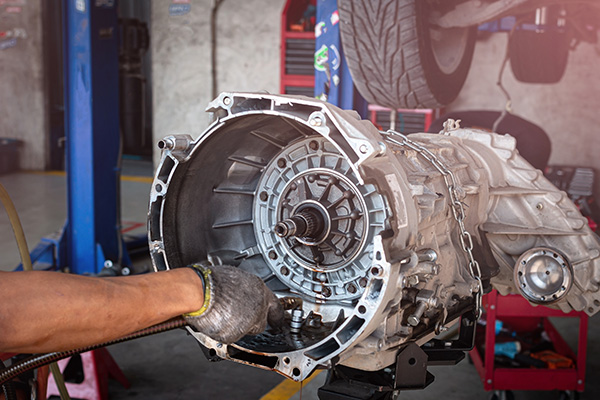
Automatic transmission shaking and vibrations can be alarming and uncomfortable for drivers. These symptoms often indicate underlying issues that, if left unaddressed, can lead to more serious and costly repairs. Understanding these problems' potential causes can help you promptly identify and address them. We will explore the common reasons behind automatic transmission shaking and vibrations and what you can do to fix them.
1. Worn Transmission Mounts
One of the most frequent causes of transmission shaking and vibrations is worn transmission mounts. These mounts are designed to secure the transmission to the chassis, absorbing vibrations and ensuring smooth operation. Over time, the rubber or other cushioning materials in the mounts can deteriorate, losing their ability to dampen vibrations effectively.
Why Do Transmission Mounts Wear Out?
Transmission mounts can wear out due to age, exposure to harsh driving conditions, or continuous strain. When they fail, they can no longer isolate the transmission's vibrations, resulting in noticeable shaking and vibrations throughout the vehicle.
2. Low Transmission Fluid Levels
Transmission fluid is crucial for lubricating the moving parts inside the transmission, reducing friction, and preventing overheating. When the fluid level is low, the transmission parts can't move smoothly, leading to shaking and vibrations.
How to Check and Maintain Transmission Fluid Levels
Regularly checking and maintaining the correct transmission fluid level is essential. If you notice your car shuddering, especially during gear shifts, it's a good idea to check the fluid level and top it off if necessary. However, low fluid levels might indicate a leak, which should be inspected and repaired by a professional.
3. Faulty Torque Converter
The torque converter plays a vital role in automatic transmissions by transferring power from the engine to the transmission. If the torque converter is faulty or damaged, it can cause the car to shudder or vibrate, especially when accelerating.
Symptoms of a Failing Torque Converter
Common symptoms of a failing torque converter include a shuddering sensation when accelerating, slipping gears, and unusual noises. If you experience these issues, it's important to have the torque converter inspected and repaired by a professional mechanic.
4. Damaged CV Joints or Driveshaft
Constant velocity (CV) joints and the driveshaft are critical components that transfer power from the transmission to the wheels. If these parts are damaged or worn out, they can cause vibrations and shaking, particularly at higher speeds.
Inspecting and Replacing CV Joints and Driveshaft
Regular inspections of the CV joints and driveshaft can help identify wear and tear before they lead to more significant problems. If you notice vibrations that intensify with speed, it's wise to have these components checked and replaced if necessary.
5. Engine Misfires
While it might seem unrelated, engine misfires can also cause vibrations that are felt throughout the car. Misfires occur when the engine's cylinders fail to ignite properly, disrupting the engine's smooth operation and causing vibrations that can be mistaken for transmission issues.
Diagnosing and Fixing Engine Misfires
Engine misfires can be caused by a variety of issues, including faulty spark plugs, ignition coils, or fuel injectors. If you suspect an engine misfire, a diagnostic check can pinpoint the exact cause and help restore your engine's smooth performance.
Concerned about your car's transmission? Schedule an appointment with Bud's Auto Repair & Transmission now to diagnose and fix any issues before they become major problems.